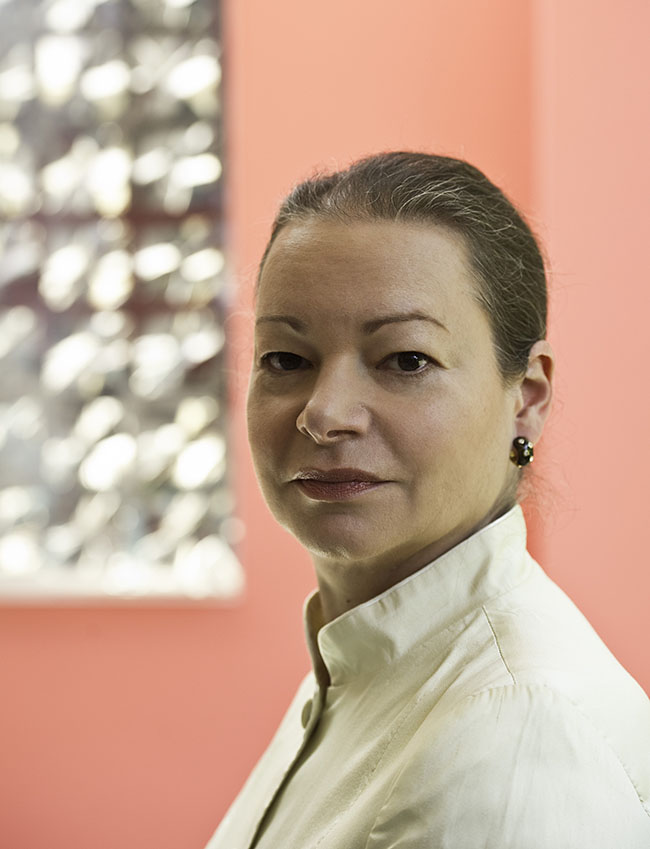


“Flanders is especially good in discussing when and why alphabetical order was not used, or was resisted, even after it was available.The prose is engaging the examples are to the point” Knack for making odd subjects accessible."- i is an exemplar of the form on which it focuses."- The Critic "Flanders is one of our outstanding popular historians. "Surprising and copiously researched."- Times Literary Supplement is a meticulous historian with a taste for the offbeat the story of alphabetical order suits her well."- Dan Jones, Sunday Times (UK) Rather, as the title suggests, it offers something like a general history of the various ways humans have sorted and filed the world around them."- The SpectatorĪcademic essential rather than a catchpenny popular read (that, by the way, is

" A Place for Everything presents itself as a history of alphabetical order, but in fact it is much more than that. For the mildlyĬurious, it's accessible, narratively adventurous, and surprisingly insightfulĪbout how the alphabet marks us all in some way.A rich cultural and linguistic

Interested in the evolution of linguistics, this is catnip. "For readers who love language or armchair historians “This is an utterly charming book, packed with engrossing details.”- The Times (UK) "One of the many fascinations of Judith Flanders's book is that it reveals what a weird, unlikely creation the alphabet is.an intriguing history not just of alphabetical order but of the human need for both pattern and intellectual efficiency."- GuardianĬharming repository of idiosyncrasy, a love letter to literacy that rightlyĭelights in alphabetisation's exceptions as much as its rules."- Financial Times It feels particularly relevant now that search engines are rendering old ways of organizing information obsolete.That we have acquired so much knowledge is astounding that we have devised ways to find what we need to know quickly is what merits this original and impressive book."- New York Times A Place for Everything rewards us with a fresh take on our quest to stockpile knowledge.


 0 kommentar(er)
0 kommentar(er)
